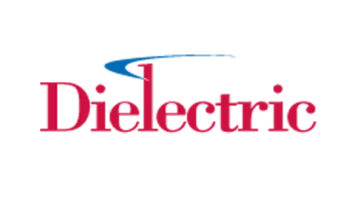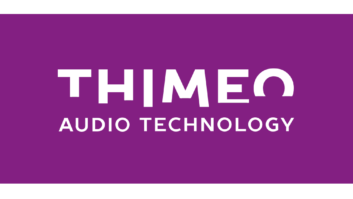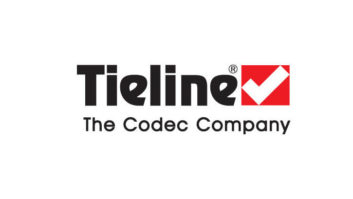It appears the FM chip aspect of performance royalty discussions between NAB and musicFirst have ticked off some wireless companies.
NAB stressed again this week that there is no deal. As we’ve reported, part of what is being discussed is a performance royalty capped at 1% of revenues, lower streaming fees and the music industry’s support for FM chips in cell phones.
Several technology industry associations wrote to the chairmen and ranking members of the House and Senate Judiciary Committees. They urged the lawmakers to resist efforts to mandate an FM chip in cell phones and other personal devices in any legislation addressing “an unrelated conflict between the broadcast and recording industries over royalties.”
Six trade groups signed the letter: CTIA-the Wireless Association, the Consumer Electronics Association, the Telecommunications Industry Association, TechAmerica, the Information Technology Industry Council and the Rural Cellular Association.
“Calls for an FM chip mandate are not about public safety but are instead about propping up a business which consumers are abandoning as they avail themselves of new, more consumer-friendly options,” the associations wrote. “It is simply wrong for two entrenched industries to resolve their differences by agreeing to burden a third industry — which has no relationship to or other interest in the performance royalty dispute — with a costly, ill-considered and unnecessary new mandate.”
They went on to write that “the groups that are parties to the discussions over the performance rights royalty issue lack any expertise in the development of wireless devices and are in no position to dictate what type of functionality is included in a wireless device,” saying that chip and antenna space is at a premium.
Further, they don’t buy the “FM chip as an emergency alert” solution. “Changing direction now and adopting an FM chip-focused solution, which was considered and rejected during implementation of the WARN Act, will put this multi-year collaboration and investment at risk and delay the widespread availability of alerting capability,” the groups write.
Commenting on the letter, NAB EVP Communications Dennis Wharton stated:
“Countries around the globe have added radio-enabled cell phones that are increasingly popular with consumers. The reality is that 239 million Americans tune in to free and local radio every week, and seven million new radio listeners were added just last year.
“Day in and day out, local radio stations serve as a reliable lifeline in times of crisis and weather emergencies. In an increasingly mobile society, it would be unfortunate if telco gatekeepers blocked access to public safety information offered by free and local radio.”











